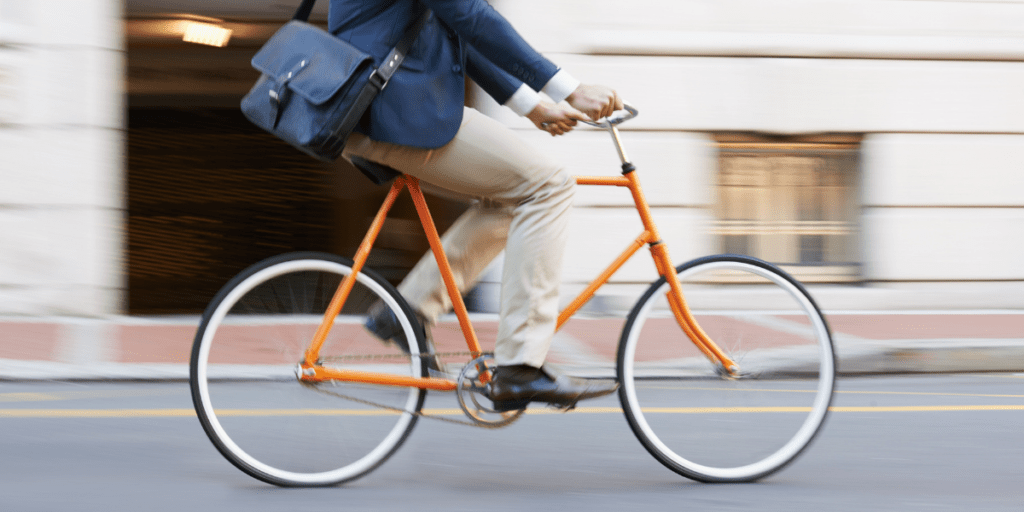You may have heard of the term smart city and its effect on our carbon footprint. Indeed, more and more cities are putting new technologies at the centre of their priorities.
What are smart cities? How are smart cities link to carbon footprint and quality of life of business travel?
First of all, what is the Smart City?
The smart city of science fiction movies may have scared you. But the change that the Smart City represents is positive. But before we explain why, let’s take a look back.
The concept of “Smart City” appeared in 2005 in the United States, with former president Bill Clinton. Indeed, during his presidential term, he launched a challenge to the biggest names in digital technology. This challenge consisted of using the latest technologies to help cities develop while limiting their carbon footprint. Little by little, the concept spread around the world and the Smart City became both a city of the future and an ecological city.
How does the Smart City reduce our carbon footprint?
When we talk about smart cities, we expect these cities to reduce our energy consumption. This is made possible by the development of eco-neighbourhoods. Or energy production is local and low-carbon. How can this be done? Some cities may plan to install a hydroelectric plant. This would cover about 30% of a city’s electricity needs.
However, to achieve true Smart City status, cities must be able to centralise information about their consumption and modify their energy production at any time, depending on demand and weather events.
Reducing your carbon footprint during your business trips thanks to the Smart City

A Smart City is ultimately a committed city where environmental issues are at the heart of their priorities. So how can business travellers contribute to the evolution of Smart Cities? And thus make their business travel more eco-friendly.
All of this depends on the mobility challenges of tomorrow’s cities. We therefore also talk about “smart mobility” in business travel. In this sense, travellers must become proactive players in a cleaner urban life.
Here are 4 ideas to make your business trips more ecological:
1. Favour soft modes of transport for short journeys: electric bikes or even electric scooters.
2. Don’t hesitate to rent a hybrid or electric car.
3. Think about carpooling between employees.
4. Adopt a more responsible travel policy.
More and more travel managers are being asked to integrate sustainability into their travel programmes. And this is no accident.
Indeed, although the crisis in Covid-19 has considerably reduced the number of business trips, the fight against climate change remains a major challenge in corporate CSR. With this in mind, Ayruu wants to enable companies to develop an eco-responsible travel policy and gives business travellers the opportunity to reduce their carbon footprint, for example by carpooling.
Did you like this article? Don’t hesitate to share it on your social networks 🙂



